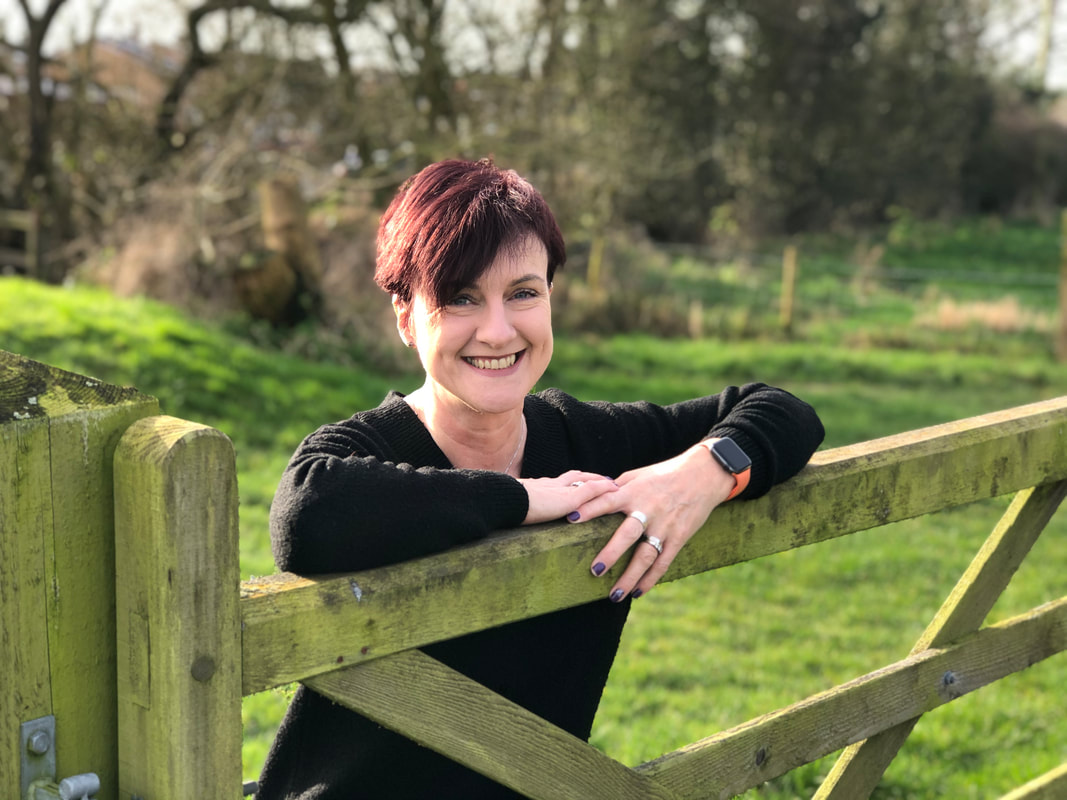|
Although most women will experience the menopause at some point, this does not mean that it is necessarily easy.
The added challenges of peri-menopause (when the ovaries gradually begin to make less oestrogen) and early menopause (between the ages of 41-45) are very often under-estimated and the loss of fertility can be devastating if a woman had planned to have children and menopause occurs before they were able. Symptoms – and the impact of these- can vary greatly between people with many experiencing debilitating symptoms, whilst others seem to sail through with little or not issue. This sometimes rather brutal reminder of ageing can be a difficult time, and it is not always easy to talk about with anybody. There are many different symptoms, too many to list here, but these are a few of the most commonly experienced:
Menopause can bring about emotional symptoms as well as physical; and anxiety and depression are two that are commonly felt. Although most women will probably know to expect menopause, nevertheless it can still upset the balance of life. Menopause is commonly known as “the change” and is arguably one of the most significant changes in that it signifies the end of a part of life that is attached to the idea of youth. Ageing, although a normal, natural part of life can cause unhappiness as women compare themselves to younger people. Although some women do suffer during menopause, there are also lots of women who are quite happy with it and see it as the start of the next stage of their lives which can be a positive stage where we have gained from life experience, have greater wisdom and freedom from the constraints of young children. Whatever your feelings and emotions during this time, talking through them can help to accept and come to terms with the changes in life, which although may be difficult and distressing will pass and life will become easier.
0 Comments
Leave a Reply. |
Joanne Vogel BlogThis blog page all about counselling. Archives
January 2022
Categories |
|
T: 07446 810549
E: [email protected] Please note: I will not answer my phone during counselling sessions, if you need to change an appointment or wish to arrange one, please text me, email or leave a voice mail I will get back to you at the earliest opportunity.
Web design: Joanne Vogel Counselling 2022
I provide counselling services in areas including Gnosall, Stafford, Telford and all surrounding villages and areas.
As well as face to face therapy I also offer Eco therapy, Online therapy such as Zoom counselling therapy as far afield as London, Manchester, Leeds, Birmingham and indeed the whole of the UK |

 RSS Feed
RSS Feed
